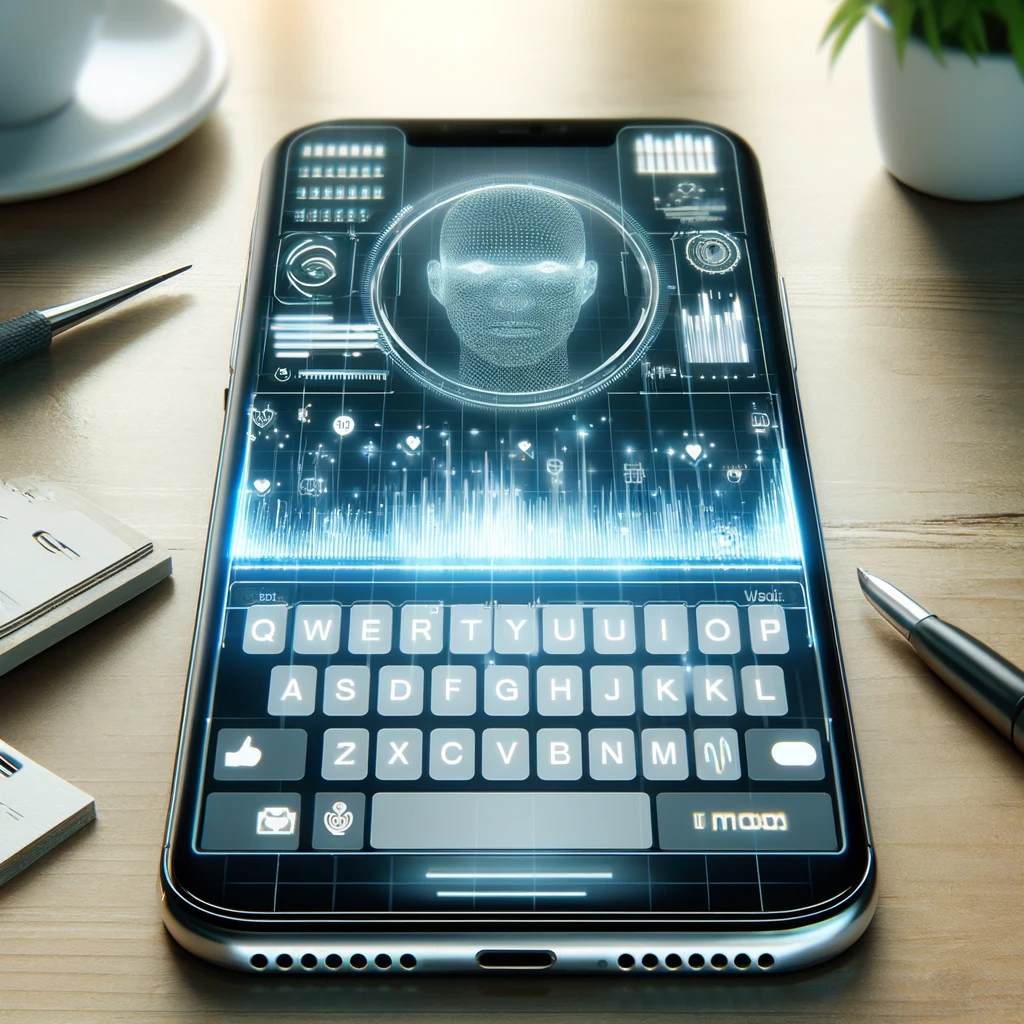The Intersection of Technology and Mental Health
In an age where technology permeates every aspect of our lives, it’s not surprising that our gadgets can now offer insights into our mental well-being. Recent advancements by researchers at the University of Illinois have led to the development of an innovative app called BiAffect, designed to monitor and interpret the typing patterns on your smartphone keyboard. This app, functioning on the iOS platform, can potentially identify early signs of mental health conditions like depression and mania by analyzing the speed and manner in which you type.
Understanding BiAffect: A New Mental Health Tool
BiAffect uses sophisticated algorithms and machine learning to evaluate data from your typing habits. By graphing keyboard usage patterns and analyzing them, the app can detect changes in mood and mental state. For instance, during a clinical study involving 2,700 participants funded by the National Institutes of Health (NIH), it was observed that those with depressive symptoms typed more slowly, while individuals experiencing manic episodes typed at a much faster rate. This finding underscores the significant correlation between typing dynamics and mood variations.
Beyond Typing Speed: Comprehensive Data Analysis
The app doesn’t stop at typing speed. It also leverages the smartphone’s accelerometer to track physical activity levels, distinguishing between sedentary periods and more active phases. Additionally, BiAffect monitors the frequency of specific characters like ‘@’ and ‘#’ to gauge social media usage, providing further context for mood assessment. This multifaceted approach allows for a more accurate and holistic view of an individual’s mental health.
Comparing Traditional and Modern Mental Health Apps
Traditional mental health apps often rely on self-reported data, which can be problematic, especially for those suffering from conditions like depression, where motivation to self-report accurately is low. In contrast, BiAffect continuously collects and analyzes data passively, offering a more reliable and ongoing assessment of the user’s mental state. This continuous data collection can help in identifying subtle changes in behavior that might indicate the onset of mental health issues, providing an opportunity for early intervention.
Global Relevance and Impact
Mental health disorders are a growing global concern. According to the World Health Organization (WHO), nearly 970 million people worldwide were affected by mental health issues in 2019. The COVID-19 pandemic has further exacerbated these conditions, with significant increases in anxiety and depression rates. Governments and health organizations are increasingly investing in innovative solutions like BiAffect to address this crisis. The app’s ability to provide real-time mental health monitoring could revolutionize how we approach the prevention and treatment of mental health conditions.
Future Prospects and Challenges

While BiAffect shows great promise, it is still in the process of obtaining approval from the U.S. Food and Drug Administration (FDA) for use as a diagnostic tool. Large-scale clinical trials are necessary to validate its efficacy and ensure it meets the stringent standards required for medical applications. However, the preliminary results are encouraging, and the app could soon become a vital tool in the arsenal against mental health disorders.
Conclusion: A Step Forward in Mental Health Care
The development of BiAffect represents a significant step forward in the integration of technology and mental health care. By utilizing everyday devices like smartphones, we can gain valuable insights into our mental well-being, potentially catching issues before they become severe. As this technology continues to evolve and gain acceptance, it holds the promise of making mental health care more accessible, proactive, and effective.
Strategic Moves by HLB BioStep: Enhancing Shareholder Value through Share Repurchase
Hi, I’m [jeybee]. As a long-time resident of Seoul, I’m passionate about uncovering the authentic, everyday magic of Korea. This blog is my way of sharing my favorite spots, tips, and cultural insights with you, beyond the usual tourist traps.

